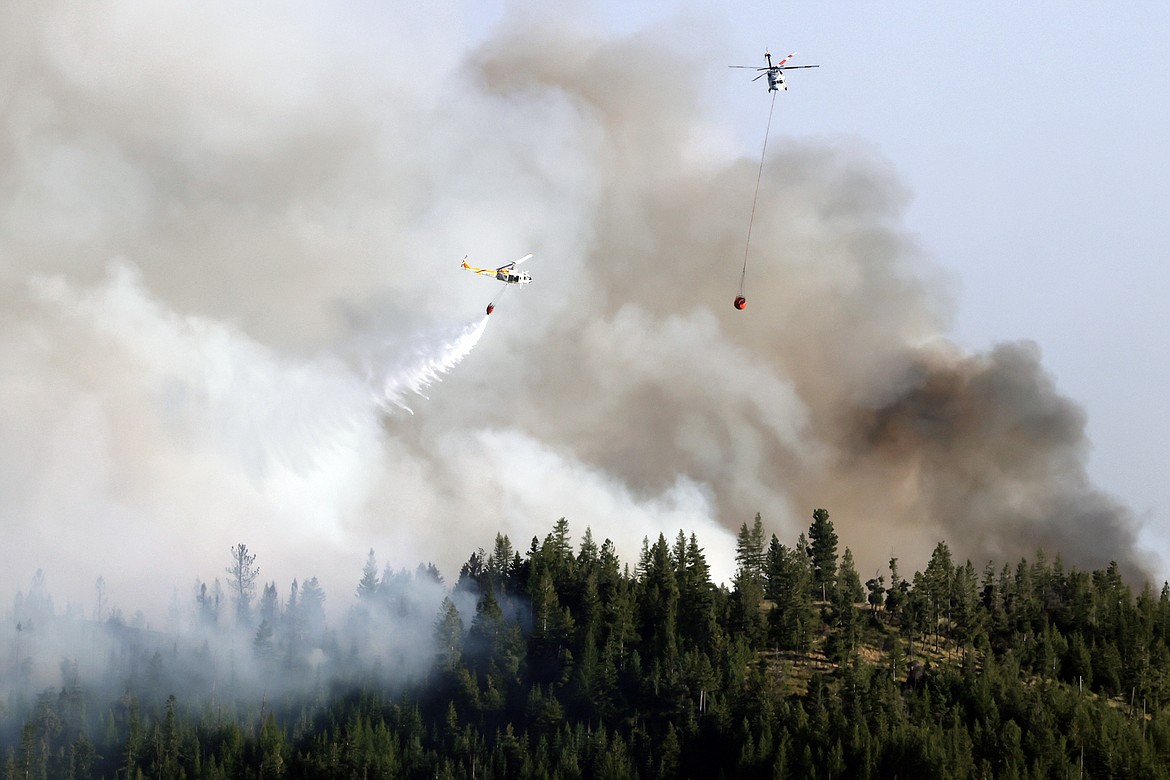Gianforte reiterates aggressive strategy for dousing wildfires during annual briefing
Gov. Greg Gianforte reiterated his administration’s aggressive approach to fighting wildfires during an annual fire briefing in Helena on Wednesday.
Gianforte told the assembled representatives of state and federal agencies that his main goals during the 2024 wildfire season were aggressively attacking all burns and promoting forest management. He also called on residents to take steps to prevent fires.
“We can’t stop every wildlife from starting but we can control our actions and our preparedness,” Gianforte said May 8. “As Montanans, we all have a role in preventing wildfires. It’s critical that we stay informed so we can protect our firefighters and our communities this season.”
Become a Subscriber!
You have read all of your free articles this month. Select a plan below to start your subscription today.
Already a subscriber? Login



